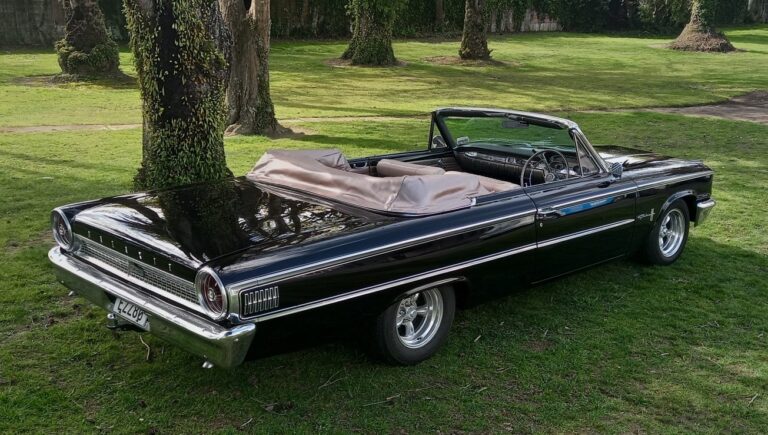BMW has been producing some very tasty turbocharged cars lately, and one of our favourites — the BMW M4 — has received a major upgrade. We’re not talking some sort of fancy ECU wizardry, or a larger engine; we’re talking about some good old fashion import-tuning water injection. No, not water/methanol injection, as that would prove too costly — the team at BMW decided water-only would be the go. The new model, has been dubbed the GTS, a suitable badging for something of this nature.

When the M4 was released, it was a mind blaster. Its three-litre, in-line, six-cylinder produced an impressive 317kW (425hp) at the flywheel, and could hit the signposted speed limit here in New Zealand in 3.7 seconds. This was thanks to a pair of beefy turbochargers hanging off the straight-six — something BMW has been seriously working on for a good decade now — with excellent, and very tunable results.

So, how does an auto manufacturer improve on such luxury greatness? Well, they do something turbocharged tuners have been doing for years — add water into the mix. Water? Won’t that hydrolock my engine? The simple answer is no — it will do the complete opposite, in fact. When water is injected into the intake tract of a turbocharged engine in an atomized form, it can significantly reduce intake-charge temperatures. This has very obvious benefits with a turbocharged engine that produces extremely high intake temperatures, thanks to its air being compressed. Usually, intercoolers are employed to reduce intake temperatures, but water injection takes things to a whole new level. With cooler intake temperatures, the boost pressure through the turbochargers can be increased, and much more aggressive ignition timing can be run — enough that without the water injection, serious detonation would occur.

With the water injection added into the mix, BMW were able to get a staggering 51kW (68hp) more out of the twin-turbo six. An impressive number indeed, considering that if the vehicle were to be re-flashed and tuned on an ethanol-based fuel, power would increase yet again. Although the newly found power figure is impressive, what is more admirable is the BMW’s extreme weight reduction. A factory M4 weighs in at around 1600kg (3530lbs), yet the M4 GTS weighs only 1510kg (3329lbs), and this is thanks to a serious CFRP (carbon-fibre reinforced plastic) diet. The hood, and even the driveshaft, is made from CFRP.

The GTS has also received an upgraded suspension and braking package better suited for circuit work, when compared to the factory M4 — three-way M-coilover suspension, upgraded carbon-ceramic brakes, and a new set of wheels have been added. To aid in grip, the front 19-inch wheels are wrapped in 265/35R19 Michelin Pilot Sport Cup 2 tyres, and the 20-inch rears measure a staggering 285/30R20, in the same Michelin compound. Just in case you catch on fire, you have a factory-fitted fire extinguisher, and a roll bar to keep you safe. What do these upgrades translate to? A predicted seven minutes and 28 seconds around the Nürburgring Nordschleife — that’s if they’re allowed to take part in a shoot-out that is.
As soon as pricing becomes available for this water-injected GTS, we’ll let you know.



































